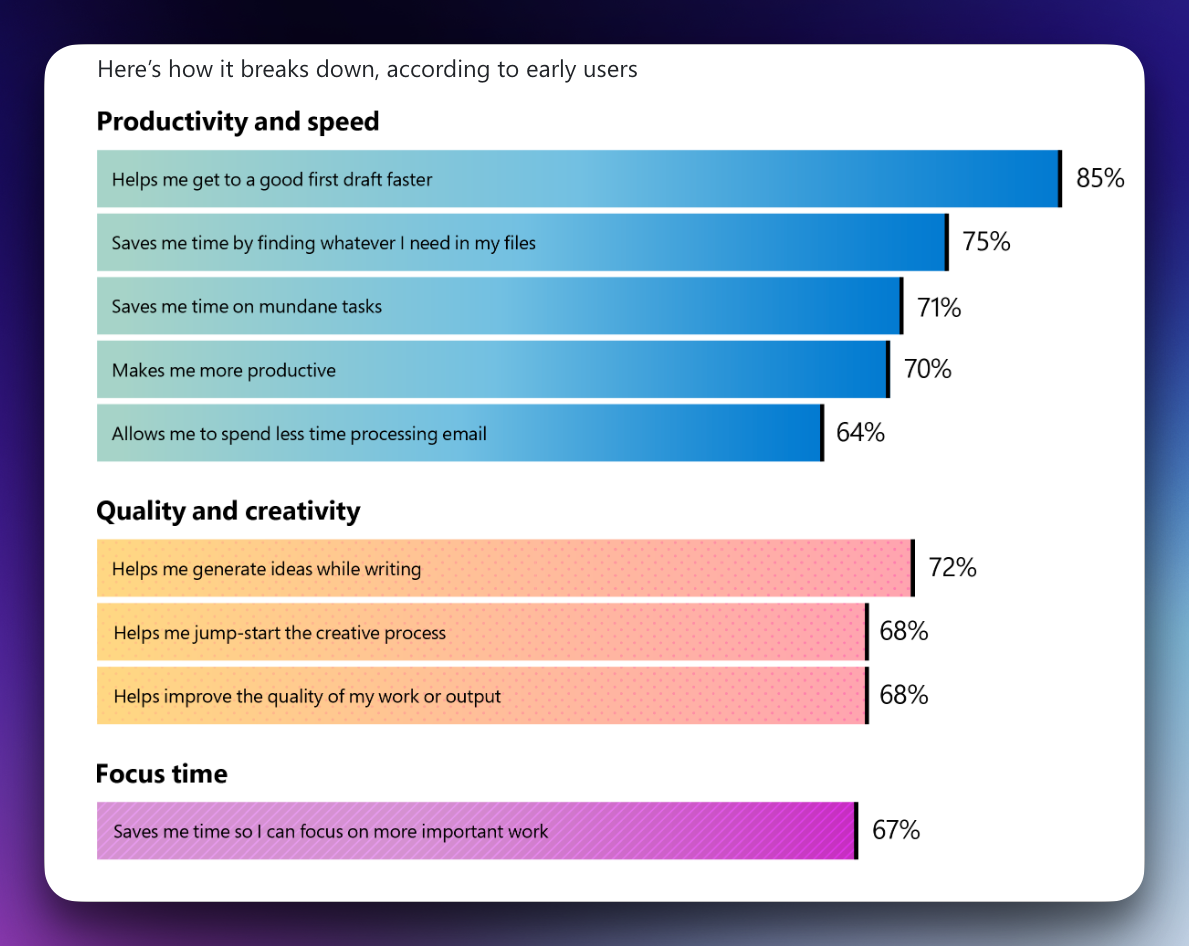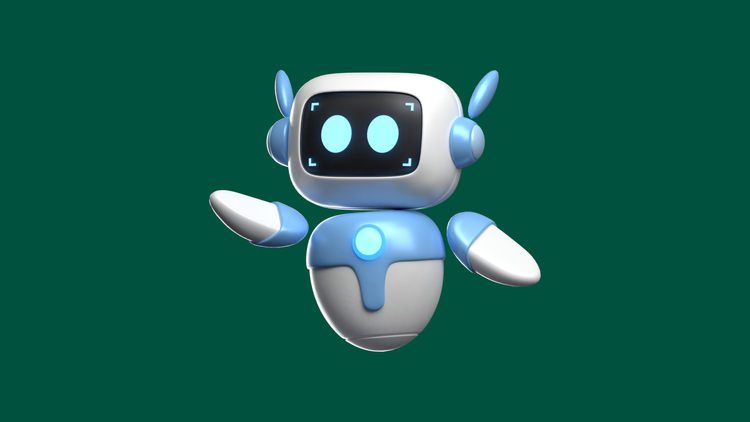Quantifying Gains from AI
Microsoft is an enterprise giant. The best estimates are that it has between 500 million and 1 billion users worldwide.
- 300+ million monthly active LinkedIn users
- 300+ million monthly active Office 365 commercial users
- 1+ billion monthly active Windows 10 devices
- 100+ million monthly active Xbox Live users
Riding its legacy of Windows and Office, Microsoft is the standard suite for most of the world's largest companies. And because most people work at big companies, and almost none of them love their employer's default tech, minor improvements to Microsoft's product have large ripples. Marginal approaches would have meaningful results.
But under Satya Nadella, Microsoft has led one of the largest companies in the world through a successful transformation. Fueled by large acquisitions (Linkedin, Github, Skype) and its win-at-all-cost bet on artificial intelligence, Satya's strategy will be studied in the top business schools for decades.
However, Microsoft's continued success hinges on one big question: How would its long-term legacy base respond to its all-in commitment to AI, a fast-moving and controversial new technology?
Productivity
Redmon recently published its initial findings – and the reported gains are startling.
- 70% of Copilot users said they were more productive.
- 73% said they could complete tasks faster.
- 64% said Copilot helps them spend less time processing email.
- 85% said Copilot helps them get to a good first draft faster.
- 87% said Copilot makes it easier to get started on a first draft.
- 86% said Copilot makes it easier to catch up on what they missed.
- 84% said Copilot makes it easier to take action after a meeting.
- 75% said Copilot saves time by finding whatever they need in their files.
- 71% said they saved time on mundane tasks.
Creativity
The quality and creativity measurements are equally compelling.






